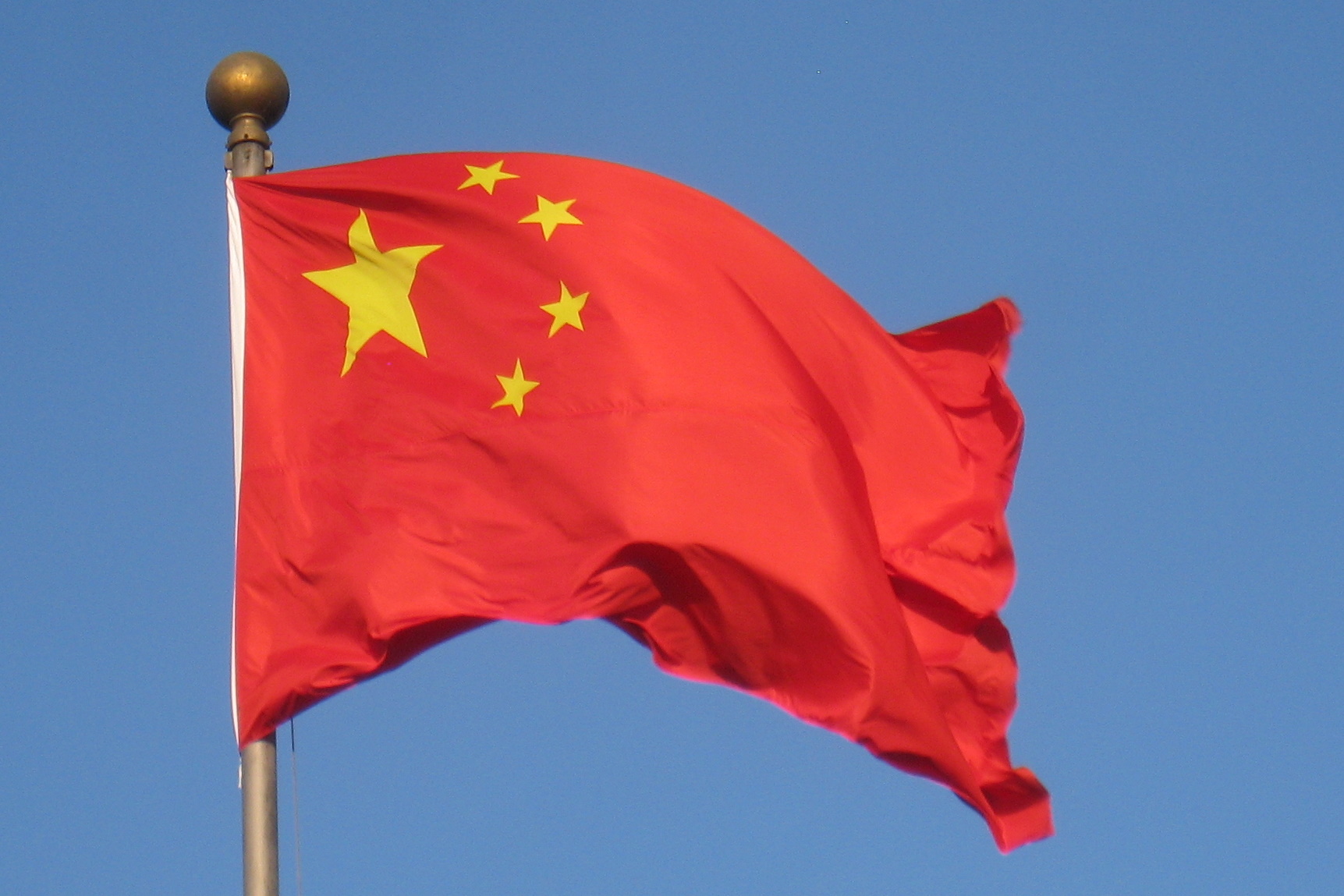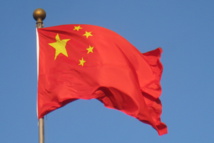The message was clear – ‘Yougo!’ Last week, the Chinese Navy, eight times in a row got on for a radio contact with the American spy plane, requiring it to leave the airspace of the South China Sea. The US Air Force plane flew around the region on which the People's Republic of China declares special rights. The vast area became the site of a massive construction of artificial islands more than a thousand kilometers away from the mainland of China. Despite loud protests from many neighboring countries and the US, the Chinese are trying to finally take control over the disputed territories.
China defends its regional interests with far more pressure than a few years ago. Leading experts in the field of scientific and analytical center - the Berlin Institute of Mercator for Chinese Studies (MERICS) - see in these acts signs of the end of China's policy of openness announced by three and a half decades ago by Deng Xiaoping.
Indeed, much speaks in favor of the thesis of a radical change of foreign policy of the PRC. Persistent expansion into the South China Sea is just one example. In addition, China is developing Silk Road project, intending to build a global network infrastructure covering the whole Asia. In addition, Beijing has founded a new international institution, which also lays claim to leadership. Such a foreign policy is accompanied by a fundamental restructuring of the Chinese economy. By 2049, China plans to develop industrial superpower - not to serve the assembly shop for the world, but become the center of innovation, cost-effectiveness and efficiency.
China wants to get back in the list of the world leaders, where, from the point of view of Beijing, the country historically is supposed to be. Is it possible to make this wish come true? Arguably, as the list of obstacles seems endless. For the Chinese government, perhaps the most serious of them - fulfilling the promise of an average Chinese’s life to be improved every day? In the past decade, it is the principle of "better today than yesterday" that ensure the legitimacy of the Communist Party domination. But will it really better tomorrow than today? Watching from the outside, it sometimes seems almost impossible - especially if you take into account the need to reload the entire complex of the Chinese economic model.
But that's all the questions for coming decades. At the moment, one thing is clear: China continues to expand its influence. How important is this for Europe and the West as a whole? Well, efforts of cooperation with China and involving it in the various international political and economic projects should be continued where possible. The US has just impressively demonstrated a method that does not work - neither pressure nor deterrence could not stop European countries from joining AIIB.
But there is another undeniable fact - where interests are completely opposite, cooperation is impossible. A vivid illustration - the South China Sea, where the zone of influence of China will continue to expand. The Chinese government attaches to this region great strategic importance based on its economic development plans. On the other hand, in the current situation, the United States see a threat to the position they occupied the region until now. Other countries adjacent are highly concerned about the looming prospect of Chinese domination. Any solution of the above problems is not expected in the near future, but now a perspective of pre-programmed conflicts are looming on the horizon.
Original by Philipp Bilsky, Deutsche Welle.
China defends its regional interests with far more pressure than a few years ago. Leading experts in the field of scientific and analytical center - the Berlin Institute of Mercator for Chinese Studies (MERICS) - see in these acts signs of the end of China's policy of openness announced by three and a half decades ago by Deng Xiaoping.
Indeed, much speaks in favor of the thesis of a radical change of foreign policy of the PRC. Persistent expansion into the South China Sea is just one example. In addition, China is developing Silk Road project, intending to build a global network infrastructure covering the whole Asia. In addition, Beijing has founded a new international institution, which also lays claim to leadership. Such a foreign policy is accompanied by a fundamental restructuring of the Chinese economy. By 2049, China plans to develop industrial superpower - not to serve the assembly shop for the world, but become the center of innovation, cost-effectiveness and efficiency.
China wants to get back in the list of the world leaders, where, from the point of view of Beijing, the country historically is supposed to be. Is it possible to make this wish come true? Arguably, as the list of obstacles seems endless. For the Chinese government, perhaps the most serious of them - fulfilling the promise of an average Chinese’s life to be improved every day? In the past decade, it is the principle of "better today than yesterday" that ensure the legitimacy of the Communist Party domination. But will it really better tomorrow than today? Watching from the outside, it sometimes seems almost impossible - especially if you take into account the need to reload the entire complex of the Chinese economic model.
But that's all the questions for coming decades. At the moment, one thing is clear: China continues to expand its influence. How important is this for Europe and the West as a whole? Well, efforts of cooperation with China and involving it in the various international political and economic projects should be continued where possible. The US has just impressively demonstrated a method that does not work - neither pressure nor deterrence could not stop European countries from joining AIIB.
But there is another undeniable fact - where interests are completely opposite, cooperation is impossible. A vivid illustration - the South China Sea, where the zone of influence of China will continue to expand. The Chinese government attaches to this region great strategic importance based on its economic development plans. On the other hand, in the current situation, the United States see a threat to the position they occupied the region until now. Other countries adjacent are highly concerned about the looming prospect of Chinese domination. Any solution of the above problems is not expected in the near future, but now a perspective of pre-programmed conflicts are looming on the horizon.
Original by Philipp Bilsky, Deutsche Welle.



















